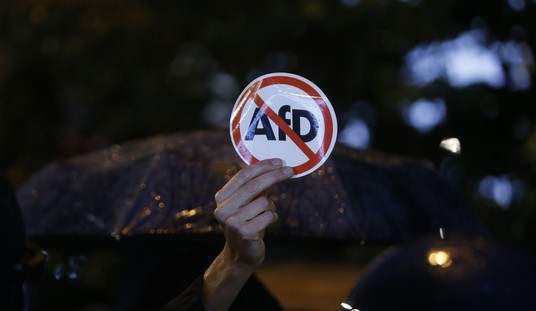A federal judge in New York has become the second to rule against President Donald Trump’s invocation of the Alien Enemies Act to deport illegal immigrants.
This comes after a Trump-appointed judge in Texas issued a similar ruling.
US District Judge Alvin K. Hellerstein issued a preliminary injunction against the use of the Alien Enemies Act (AEA) to remove Venezuelan migrants suspected of being gang members without due process. The judge found that Trump’s move exceeded his statutory authority. “The Presidential Proclamation, in mandating removal without due process, contradicts the AEA.”
The court further argued that the government cannot deprive citizens or noncitizens of liberty without a proper hearing. The AEA empowers a president to deport or detain foreigners from countries that are at war with the United States. But, as Judge Hellerstein pointed out, the act requires a “full examination and hearing” before deporting people under this law.
The judge further insisted that the government’s claim that the Tren de Aragua (TdA) street gang constitutes an “invasion or predatory incursion” failed to meet the historical or legal standard the AEA requires. “There is nothing in the AEA that justifies a finding that refugees migrating from Venezuela, or TdA gangsters who infiltrate the migrants, are engaged in an ‘invasion’ or ‘predatory incursion,’” Hellerstein noted.
Recommended
The judge highlighted the irreparable harm to those the Trump administration sent to a maximum security prison in El Salvador, which has been accused of multiple human rights abuses. “Petitioners would be removed from the United States to CECOT, where they would endure abuse and inhumane treatment with no recourse to bring them back,” he wrote.
The ruling mandated specific protections for detainees. These include requiring the state to provide notice in English and Spanish that an individual is subject to deportation.
Opponents of Trump’s policy praised the ruling. The American Civil Liberties Union (ACLU), which is representing many of the Venezuelans affected by the measure, lauded the ruling in a press release.
The court said it loud and clear: Trump cannot rewrite, ignore, or supersede our laws to justify his lawless deportation agenda. Today’s ruling rightly affirms our class members’ constitutional rights to due process and rebukes Trump’s reckless invocation of a 1700s-era wartime law to deport people to a horrific, hellhole prison in El Salvador,” said Donna Lieberman, executive director of the New York Civil Liberties Union.
The Supreme Court last month ordered the administration to refrain from deporting Venezuelans held in a Texas detention center, as Townhall’s Sarah Arnold reported.
The high court’s ruling follows a last-ditch attempt by the American Civil Liberties Union to halt the federal government’s renewed use of the Alien Enemies Act of 1798 to deport illegal immigrants. The ACLU is representing suspected Tren de Aragua gang members being detained in Texas. The group claimed immigration officials were preparing to restart removals under the statute, but the judge wasn’t swayed. The Supreme Court previously affirmed that the Trump administration had the authority to carry out deportations under the act, so long as those facing removal were granted due process to challenge their deportation.
However, the ACLU argued that the government did “not remotely comply with the Supreme Court's order.” They argued that, at the very least, the notice should be translated so the illegal aliens could actually understand what was being communicated to them. The Supreme Court urged the government to respond to the ACLU’s filing “as soon as possible.”
As the Trump administration continues facing legal challenges, it is possible that its use of the Alien Enemies Act might not stand up to scrutiny. The deportations have already ignited a barrage of criticism from folks on both sides of the political divide who believe the US should not ship illegals to maximum security prisons in other countries without some form of due process.
Still, the administration counters by arguing that these steps are necessary to protect the public while curbing illegal immigration. In the end, it will likely be the Supreme Court that makes the ultimate decision.


